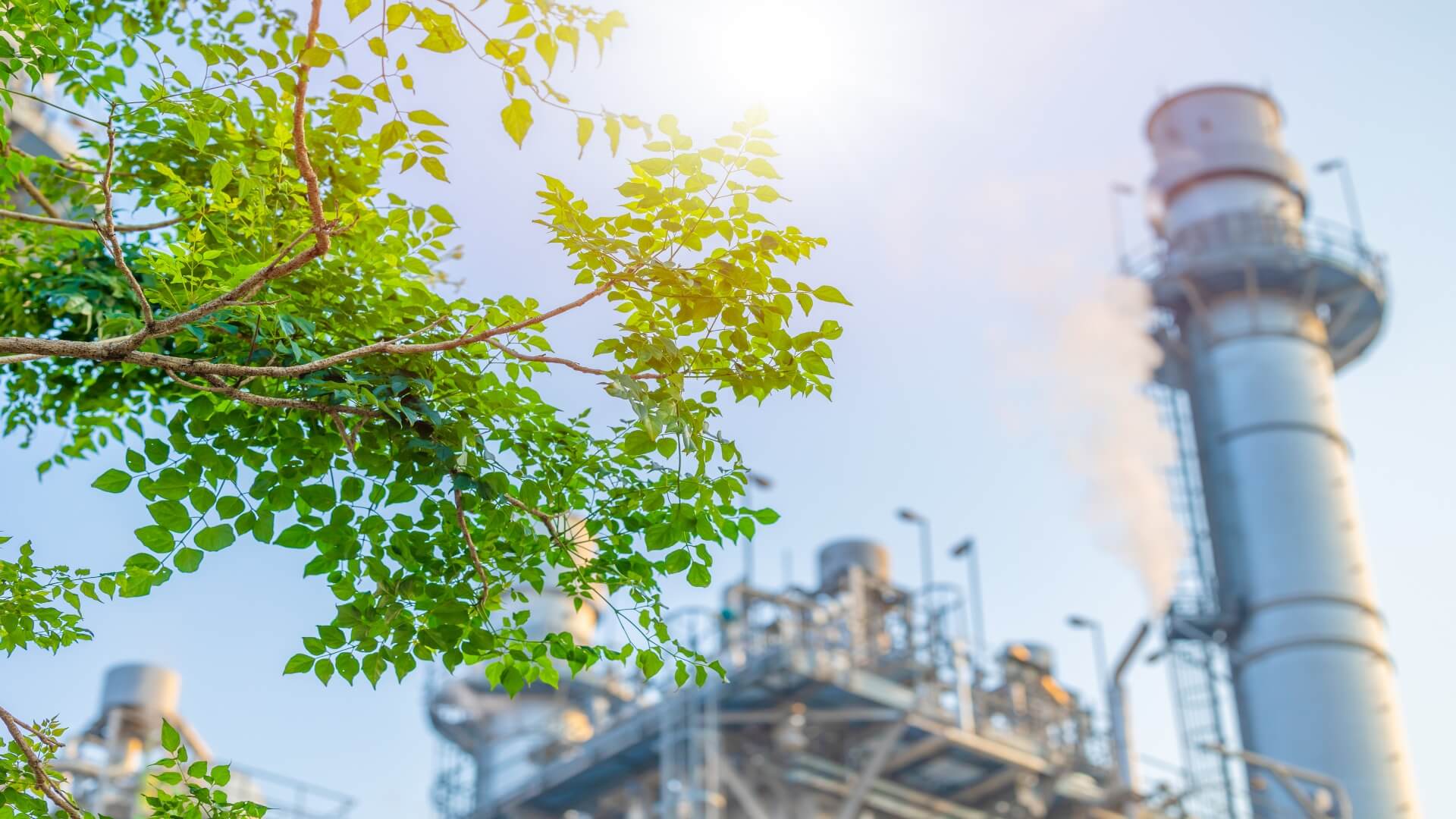
Climate change is here. The phrase, common, because the reality of the effects of industrialization have become an all too familiar force on the planet today. Sea levels rising, more intense storms, droughts each have their cause exacerbated by the change in global temperatures.
What the Science Says
For over the last century global temperatures have been measured. What has been found is that not only is the Earth’s global average surface temperature going through long-term warming, but in this last decade there has been a startling increase in that rate of warming.
According to Climate.gov, over the last fifty years (since 1973) the Earth’s annual average global temperature has risen an average of around 0.13℃ each decade. That statistic does not sound too concerning until it is shown next to the previous fifty year rate: 0.07℃— nearly double that of the past.
Disconcertingly, scientists predict that the rate will become even higher over the next decade. These changes are not benign by any means. If the trends continue, the effects will be tragic for mankind and animal populations worldwide.
In order to mitigate such effects, humanity must band together to try and limit the rise in temperatures to a pre-industrial average to 1.5℃. The goal of reaching these measurements demands an immediate action of global partnerships to cut nearly 30 gigatons worth of greenhouse gas emissions annually before the year 2030.
To put that astronomically large number into perspective, the United States alone produced 5,981
million metric tons last year, which is 13.2 trillion pounds. China produced 11.47 billion metric tons. When Mount St. Helen’s erupted in 1980, it released about 540 million tons of ash. Humans may have made a mess of things, but actions are being taken to help change these staggering statistics.
Global Efforts for Change
World leaders have taken notice and action at the urgent behest of scholars and activists alike, and as a result, new policies are being set. In an effort to work towards a more sustainable future through climate stabilization, initiatives like the Paris Agreement by the United Nations Environment Programme (UNEP) have been launched. The UNEP, which serves as a global presence working to set sustainable environmental agendas, acting as a sort of conservation guide, has done the work to identify what it believes are six major factors which can help.
If initiated, have the potential to begin reducing carbon emissions to those levels of 30 gigatons annually. Their argument, though, is that focusing on the more commonly acknowledged factors, like transportation and industry production, are not enough to reach that goal, but they do play a significant part. One of those major contributing factors that can help is clean energy.
Surprisingly, the energy sector is one that does not need a series of new inventions in order to begin chipping away at that goal because the technology already exists. All that needs to be done in a broad sense is to shift from fossil fuels to using renewable forms of energy and just using less energy overall.
What is Clean Energy?
The conversation around the need and desires for a clean energy revolution is not a new one in America. The U.S. has had a steady push of establishment of new clean energy initiatives in the energy sector. Broadly stated, clean energy are forms of energy that are derived from renewable, zero-emission sources that have little to no pollution effects when utilized. Some examples are solar power, wind, hydro electric, tidal, and geothermal sources. Not only does the clean energy industry help the overall global climate crisis, but it generates new jobs, and is expected to have great growth in the years to come, all the while generating hundreds of billions of dollars in economic value.
In order for companies that are serious about reducing their carbon emissions to start doing so they usually begin by looking at their own internal operations and infrastructure. While implementing more renewable, green, or clean energy resources does have a positive and notable impact on carbon emissions, the largest results come from revamping their supply chains.
Rethinking Supply Chains
A report done by the McKinsey group found that it is the supply chains of consumer goods companies which have a much larger social and environmental costs— more than 80% of greenhouse gas emissions that are generated by supply chains— are on average 5.5 times greater than the emissions created directly by the companies own, in house production of goods.
Staggeringly, eight key industries — food, fashion, electronics, automotive, construction, consumer goods, professional services, and freight traffic— account for nearly half of all the global carbon emissions. The current use of fossil fuels for transportation and industry is too large a contributor to the global climate crisis to not consider transitions and initiatives which adopt clean energies as solutions.
The implementation of the previously mentioned clean energy sources, which already exist and have been shown to reduce emissions would do much to bring efficiency, and affordable solutions to companies supply chain footprints. What is even better to learn is that costs to consumers on the back end are likely to only increase between 1- 4%. If that is not enough of an encouragement for companies to make the decision of transitioning to the use of clean energies, then maybe customer opinion will. A survey found that 70% of consumers are willing to pay a 5% increase to products if that meant these were manufactured in a more sustainable way.
With the world in need, global initiatives started, technologies available, and consumers in hearty agreement, there is little reason for companies not to make the switch to clean energy use in their supply chains.





















